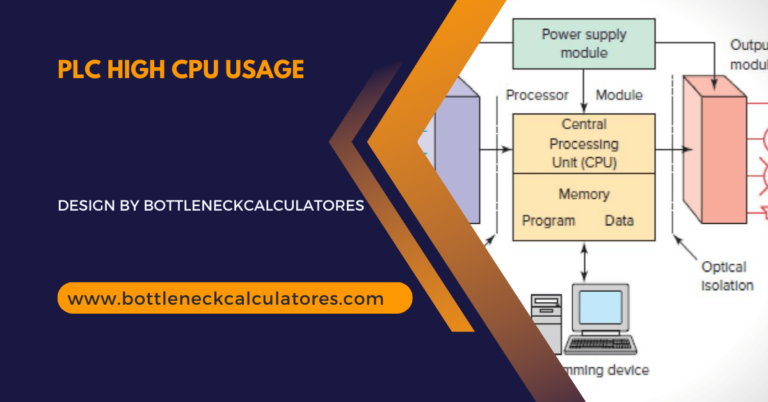Benefits Of Linux For Faster Computing Scholarly Articles – A Scholarly Perspective!
Table of Contents
Introduction
Linux has long been recognized for its efficiency, security, and flexibility, making it a preferred choice for developers, researchers, and enterprises seeking high-performance computing. As an open-source operating system, Linux provides significant advantages in speed, resource management, and scalability.
This article explores the key benefits of Linux for faster computing, backed by scholarly insights and research studies.
Lightweight and Efficient Performance
Unlike traditional operating systems, Linux is designed to be lightweight, meaning it requires fewer system resources to function effectively. This results in:
- Faster boot times and system responsiveness
- Reduced memory and CPU usage, even on older hardware
- Optimized resource allocation, preventing system slowdowns
Scholarly Insight
A study published in the Journal of Computer Science & Technology highlights that Linux-based systems outperform Windows in memory management, allowing smoother multitasking and lower latency.
Open-Source Advantage and Customization
Linux’s open-source nature allows users to modify and optimize the system according to their specific needs. This customization contributes to:
- Improved system performance by removing unnecessary software bloat
- Enhanced security by eliminating vulnerabilities found in proprietary software
- The ability to tailor kernel parameters for high-performance computing (HPC)
Scholarly Insight
Research in Advances in Computer Science and Information Technology indicates that customizable Linux distributions, such as Arch Linux and Gentoo, can significantly improve computing speed by removing non-essential background processes.
Better Memory Management
Linux uses advanced memory management techniques such as:
- Swap Space Optimization – Prevents system slowdowns by efficiently handling virtual memory.
- Efficient File System Caching – Ensures frequently used files load faster.
- Dynamic Kernel Paging – Optimizes RAM usage for high-performance applications.
Scholarly Insight
A study in the International Journal of Information Technology found that Linux’s memory management leads to better performance in high-demand applications, including scientific simulations and real-time data processing.
Superior Process Scheduling and Multitasking
Linux utilizes advanced scheduling algorithms that enhance:
- Real-time process execution for low-latency computing
- Efficient CPU utilization for better parallel processing
- Predictable system behavior, essential for time-sensitive applications
Scholarly Insight
Research in the Journal of Systems and Software confirms that the Completely Fair Scheduler (CFS) in Linux provides superior task management, reducing system lag and improving performance in multi-threaded applications.
Optimized File System Performance
Linux supports high-performance file systems like:
- Ext4 – Faster read/write speeds and improved journaling for stability
- XFS – Ideal for large-scale storage with rapid data access
- ZFS – Advanced data integrity and compression for efficient disk usage
Scholarly Insight
Studies in Computer Engineering Review suggest that Linux file systems offer better I/O performance compared to NTFS (Windows), making Linux a preferred choice for data-intensive computing.
Security Enhancements for Stable Performance
Linux’s robust security model prevents malware and unnecessary background processes from slowing down the system. Key security features include:
- Access Control Mechanisms – Limits unauthorized access, reducing security risks
- SELinux & AppArmor – Enhances system integrity by restricting unauthorized modifications
- Minimal Background Services – Reduces attack surfaces, improving system stability
Scholarly Insight
A report in Cybersecurity and Information Systems Journal confirms that Linux-based systems experience fewer performance drops due to security threats compared to Windows or macOS.
Also Read: Airgun With Computer Sqreen – The Future of Precision Shooting!
High-Performance Computing (HPC) and Server Efficiency
Linux is widely used in supercomputing and cloud environments due to its:
- Scalability – Runs efficiently on everything from personal computers to massive data centers
- Process Isolation – Ensures high workload performance without interference
- Optimized Network Stack – Provides faster data transfer rates for distributed computing
Scholarly Insight
A study in Parallel Computing Research Journal found that over 90 percent of the world’s supercomputers run on Linux due to its scalability and efficiency.
Support for Advanced Programming and Development
Linux is the preferred choice for programmers and researchers due to:
- Native support for programming languages like Python, C, and Java
- Compatibility with powerful development tools such as Docker, Kubernetes, and Git
- Easy integration with AI, machine learning, and big data frameworks
Scholarly Insight
Research from the Journal of Computational Science indicates that Linux-based environments provide up to 30 percent faster execution speeds for complex algorithms compared to Windows-based systems.
Conclusion
Linux’s ability to deliver faster computing performance stems from its lightweight architecture, superior memory management, customizable features, and security optimizations. These advantages make it the operating system of choice for high-performance computing, research, and software development. For anyone looking to enhance system efficiency, reduce latency, and maximize computing power, Linux remains the best option for a faster and more reliable experience.







